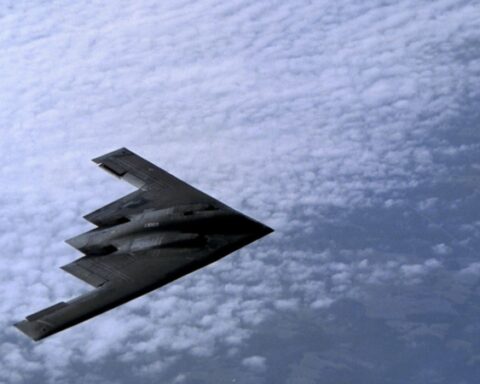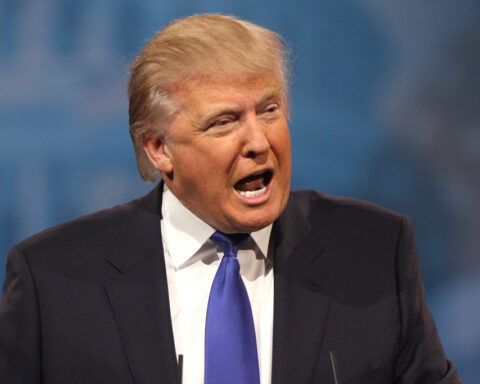President Donald Trump addressed Israel’s Knesset on Monday, framing the release of the last Israeli hostages held by Hamas as a historic turning point that could usher in a new era of peace and prosperity across the Middle East.
The hostages, held for more than two years, were freed just hours before Trump’s speech and reunited with their families after being transferred from Gaza by the Red Cross to the Israel Defense Forces.
“Generations from now, this will be remembered as the moment that everything began to change and change very much for the better,” Trump told Israeli lawmakers. “Like the USA right now, it will be the golden age of Israel and the golden age of the Middle East.”
Trump emphasized that the ceasefire, brokered by his administration, marked not just the end of hostilities but the end of a broader era of “terror and death.” “This is the historic dawn of a new Middle East,” he said, calling the moment “the beginning of the age of faith, and hope, and of God.”
The president also acknowledged the role of Arab nations in pressuring Hamas to agree to the agreement, describing the outcome as “an unprecedented achievement.” “Virtually the entire region has endorsed the plan that Gaza will be immediately demilitarized, that Hamas will be disarmed and Israel’s security will no longer be threatened in any way, shape or form,” Trump said.
Trump used the occasion to advocate for an expansion of the Abraham Accords, the series of agreements signed during his first term that normalized relations between Israel and several Arab countries, including the United Arab Emirates and Bahrain.
“It’s more obvious than ever that the productive and responsible nations of this region should not be enemies or adversaries; you should be partners and eventually, even friends, and that’s what’s going to happen. I know it. Together, you can stand against the forces of chaos,” he told the Knesset.
Officials from Trump’s administration and Israeli leaders alike have framed the agreement as a diplomatic triumph, highlighting his direct negotiations with Arab states and Hamas.
By securing the release of hostages upfront, the plan removed Hamas’s most significant leverage over Israel, allowing Israel to secure a safer and more stable postwar environment.
Trump’s visit comes as he seeks to leverage this diplomatic success into a broader regional settlement, including negotiations over Iran’s nuclear program and ongoing conflicts elsewhere in the Middle East.
The president signaled that the next step would involve his national security team preparing talks in Egypt at an upcoming Middle East summit.
“This long and difficult war has now ended,” Trump said, underscoring his role in brokering the ceasefire and achieving what he described as a “breakthrough” for regional stability.
His Knesset appearance drew widespread attention and applause from lawmakers, who hailed the president as a decisive partner in securing Israeli interests and advancing peace.
As Trump departs for Egypt, his message was clear: the Middle East now has a chance to leave behind decades of conflict, with Israel positioned at the center of a new network of partnerships. “Together, we can achieve peace and security, prosperity and cooperation,” he said. “This is the moment. The golden age begins now.”
[READ MORE: Japan’s Ruling Coalition Splinters as Takaichi Faces Uphill Battle for Premiership]








